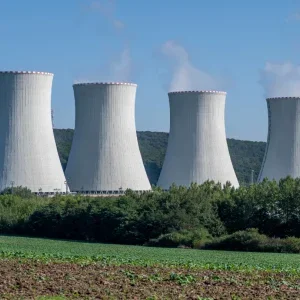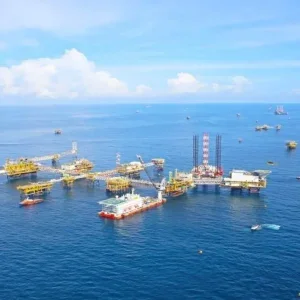The research project, being undertaken in partnership with the University of Manchester, Hybrid Instruments and Japanese partners, will develop a remote-controlled vehicle that can assess radiation levels in the harsh submerged environments.
The Japanese partners for the project include the Japan Atomic Energy Agency, the National Maritime Research Institute of Japan and the Nagaoka University of Technology.
The technology will have the ability to assess radiation particularly neutron and gamma-ray fields under water to ensure the safety and stability of material. This could help in removal of nuclear fuel debris to enable safe decommissioning of the reactors.
Funded by the Engineering and Physical Sciences Research Council, the project will also help identify nuclear fuel.
Lancaster University nuclear engineering professor and lead author of the research Malcolm Joyce said: "Our research will focus on developing a remote-operated submersible vehicle with detection instruments that will be able to identify the radioactive sources.
"This capability does not currently exist and it would enable clean-up of the stricken Fukushima reactors to continue."
Lancaster University engineers will contribute their radiation detection technology expertise for the project while the University of Manchester experts will focus on developing the remote-operated vehicle.
University of Manchester applied control professor Barry Lennox said: "A key challenge with the remote-operated vehicle will be to design it so that it can fit through the small access ports typically available in nuclear facilities.
"These ports can be less than 100 mm in diameter, which will create significant challenges."
The technology can also be potentially used for assessing of naturally-occurring radioactive material in offshore fields in the oil and gas sector.






